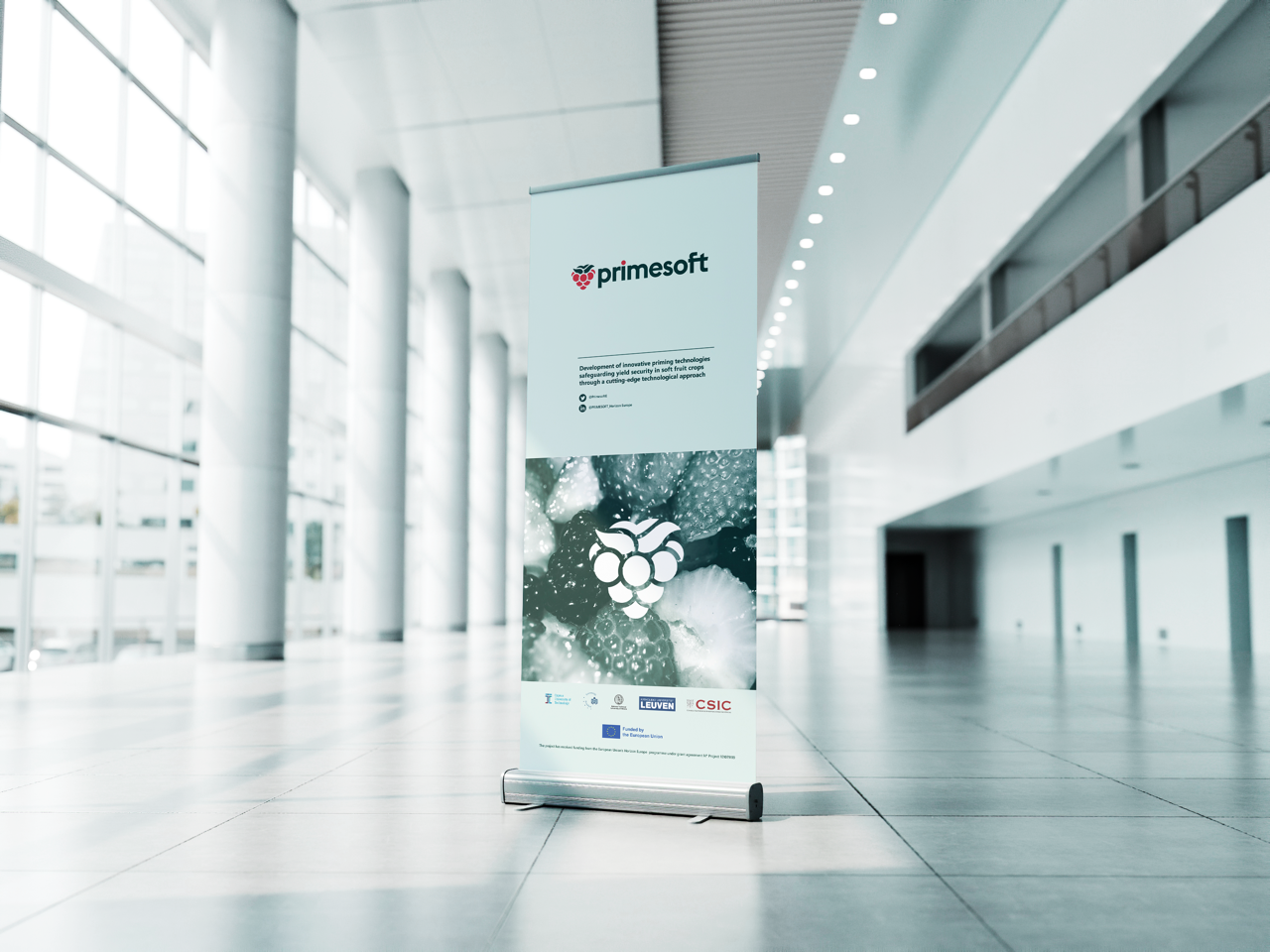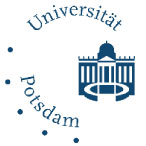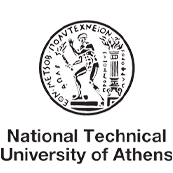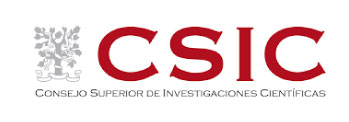About us
Plants are constantly exposed to multiple environmental threats. Crop plants are vulnerable to various abiotic stresses (drought, salinity, flooding, heat, cold, excess light) that reduce productivity and ultimately threaten efforts to nourish the planet. One solution is to use priming agents. Plants can be primed by chemical compounds, including natural metabolites. Today, the development of non-toxic priming agents (PAs) is an important R&D activity.
The EU-funded PRIMESOFT project will explore innovations in the application of PAs in value-added soft fruit. It aims to bridge the gap between chemical and nanomaterial priming research and smart farming practice. The project will use computational analysis and mechanistic modelling to identify components that regulate the mode of action of PAs.
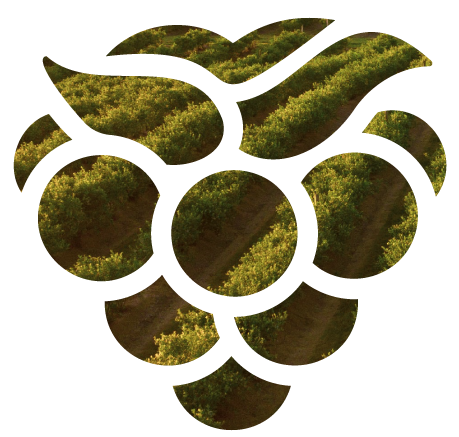

Sustainable Innovation Framework
The development of non-toxic synthetic and natural priming agents (PAs) towards sustainably-sourced and environmentally sound products for the development of a resource-efficient circular economy is an R&D activity that recently has received considerable attention. However, the effort of the Lead Market Initiative (LMI) Advisory Group to trigger a market prospective for innovative products, remains still, to a large extent, unimplemented. PRIMESOFT’s overarching objective is dual: (i) enhance research management and administration capabilities of the WI through this twinning exercise and (ii) explore innovations in the application of PAs in soft fruits from a range of perspectives and strengthen relationships between researchers and industrial networks.
- D1.1 Progress reports and minutes of Kick-off and SC meetings
- D1.2 Setting up of SC, SAB and Users Group
- D1.3 Data Management Plan
- D1.4 Innovation Management Plan
- D2.1 Operation and update of project website
- D2.2 D&C&E plan and activities
- D2.3 Scientific publications in journals/conferences
- D2.4 Organization of International Scientific conference
- D2.5 Signed MoUs with industrial partners
- D3.1 Report on the efficacy of PAs
- D3.2 New encapsulated PA through electrospinning-electrospraying
- D3.3 Functionalized hydrogel prototype
- D3.4 Report on mechanistic actions governing the efficacy of PAs
- D3.5 Phytochemical profiling and volatilome fingerprinting
- D3.6 LCCA of proposed cultivation protocols
- D4.1 Report on exploratory workshops & training schools
- D4.2 Report on secondments of ER/ESRs of the Widening Institution
- D4.3 Report on expert visits of APs
- D4.4 MSc theses and PhD dissertation
- D5.1 Action plan & submission of joint research projects
- D5.2 PRIMESOFT exit strategy
- D5.3 Report on stakeholder map and their involvement
- D5.4: Strategic plan to design a RCoE
